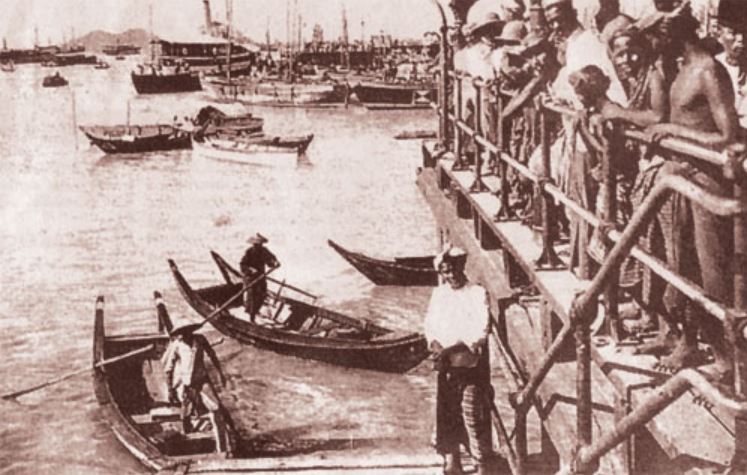DOES history matter in determining the sovereignty of territories? If yes, how long do we go back in time?
Going back in time or history is not a simple matter as such a methodology might bring to the fore many unsettled issues lying dormant.
This is the reason as to why territorial disputes of sovereignty are merely confined to modern history.
Many disputes are resolved or left hanging by reference to colonial history. This is as though there was no history before the colonial period.
If history of relations of territories are considered several hundred years ago, the present-day existence of modern nation states might become problematic.
In fact, the issue of sovereignty might become the main and primary focus of nation states.
In 2008, the International Court of Justice (ICJ) decided the sovereignty of Pulau Batu Puteh belongs to Singapore.
The bracketing of history primarily to the colonial period meant that the long history of the island under Johor was not given any consideration at all.
If history had not been bracketed to the colonial period, Pulau Batu Puteh might have gone to Malaysia.
The colonial bias in ICJ’s decision was conspicuously glaring notwithstanding the letter written in 1953 by the Johor state secretary giving up claims on Pulau Batu Puteh.
Similarly in the case of Sabah, if history is not mechanically bracketed, then there is a possibility to consider the sovereignty claims of Brunei, the Sulu heirs and Malaysia.
Sabah might be integral to the formation of Malaysia but history might not be kind to the country as the present claims of the Sulu heirs hark back to history.
Unless there are serious diplomatic efforts, the sovereignty of Sabah might not just wither away.
The issue of control and jurisdiction over disputed territories very often used in international law might not best way of settling disputes.
By definition, these criteria might be biased and in favour of modern history. Worse, they might sometimes favour the aggressors particularly the colonial and imperialists.
Nations devoid of power and authority might be caught in the never-ending losing game.
International laws on sovereignty and territorial jurisdiction are laws written in the favour of victors.
There is small chance for nations plundered and divided to emerge in the international arena to demand justice.
If history had been given a fair and objective consideration, who knows, Pulau Batu Puteh might have been given back to Malaysia.
The principle of terra nullis is again as to who interprets history.
The Aborigines have been in Australia for hundreds and thousands of years, but still the continent was annexed to Britain on the basis of non-habitation.
International laws might not be kind and considerate to those nations that have lost territories over the long period of history due to colonialism and unbridled expansion.
The powerful and the mighty have a major say in the operation of international laws.
The considerations of the past or history might be a silver lining to groups or communities who want to revisit the injustice brought about by the forces of modern oppression and enslavement. – July 26, 2022
Prof Ramasamy Palanisamy is the state assemblyperson for Perai. He is also deputy chief minister II of Penang.
The views expressed are solely of the author and do not necessarily reflect those of Focus Malaysia.










